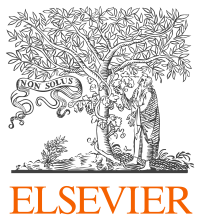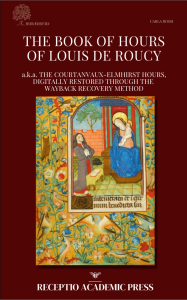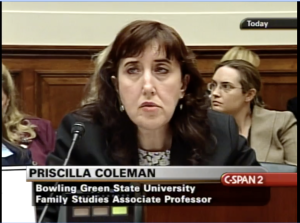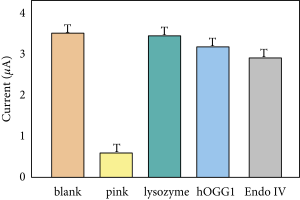An Elsevier psychology journal took down an article in early December with a notice that appeared to be an internal memo, including a typo.
The article, a letter titled “First COVID-19 suicide case in Bangladesh due to fear of COVID-19 and xenophobia: Possible suicide prevention strategies,” was published in June of 2020 in the Asian Journal of Psychiatry by Mark D. Griffiths of Nottingham Trent University in the UK and Mohammed A. Mamun of Jahangirnagar University and the Undergraduate Research Organization in Dhaka, Bangladesh. It has been cited more than 300 times, according to Clarivate’s Web of Science.
Griffiths’ high publishing rate – according to his university’s index he published nearly 200 journal articles in 2022 – came under scrutiny from Oxford University psychologist Dorothy Bishop in 2020, including his many collaborations with Mamun. Griffiths told the Times Higher Education that he “made an intellectual contribution to every refereed paper I’ve published.”
Continue reading Elsevier journal temporarily removes article by prolific psychologist – with a typo at “frist”







